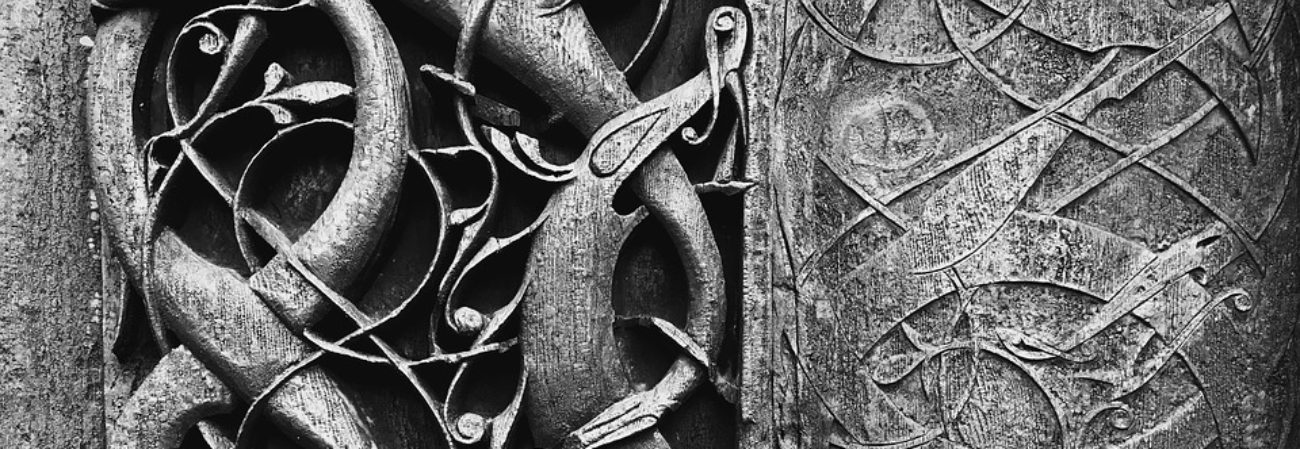
In The Secret Testament, Vidin was the home town of Desislava. It was also frequently the source of Bulgarian rebellion and often received the notice of Basil II during his Bulgarian wars.
It is to Vidin that Desislava returns with her brother Dragan in hopes of finding her other brother Dimitri. They meet someone on the road who informs them of Vidin’s latest rebellion.
“A bad business. Vidin has rebelled again. The emperor and his army are there. There is nothing for you there. There were those that fled there following the siege of Kastoria and they have dissolved into rebellion and incurred the emperor’s wrath.”
Desislava searched Dragan’s face. “It would be like Dimitri to be there.”
“Then you wish to go on to Vidin to find our brother hanged with the other rebels? You hold out for much, Desi.”
The idea left a hard, gnarled knot in her stomach. She had refused to entertain any notion of Dimitri’s demise. It was as if doing so might give it form and substance.
“We would have been better off staying among the Bogomils!” he snarled at her. Desislava turned her face away, glad that Dragan could not see how the words tore at her. Guilt swarmed inside her. Would it have been better to have left Dragan and gone on her own to pursue her search for Dimitri? And what if it all came to naught? For the first time, she allowed the thought that always lurked in the periphery of her mind to have a place by the hearth. What if he really was dead? Or even, if not dead at Kleidion, about to meet his end with other rebels at Vidin. The tether of her thoughts began to slip, as if she had once given them their head, they must now run away. On what slender filaments she had based her search for Dimitri! They both became silent. They continued on the road, because neither could break the silence to decide what to do. By midday, the air had become humid and sweltering.
Vidin is still known today for the fortress Baba Vida. Baba Vida is named for a young woman Vida who was given the lands north of the Carpathians, while her tow younger sisters Kula and Gamza were given Zajecar and the Timok Valley and the lands west up to the Morava. Her sisters married disreputable men, but Vida remained unmarried and in control of her own lands and buil the fortres in her city of Vidin. The name of the castle means “Granny Vida“ While the story is a Slavic one, the area was originally a Celtic settlement known as Dunoniaand the site of the fortress was probably originally Roman. It withstood an eight month siege against Basil II with the Bulgaria rebels finally capitulating to him. Basil is said to have led an incursion against Vidin in 1002, whereupon Basil is supposed to have negotiated a ten year peace deal with Tsar Samuil. Whether this peace deal was violated and not negotiable for renewal or it was merely agreed upon to resume war upon it expiration is something that seems a little murky in the history books. During this siege, Samuil attempts diversionary tactics against the Byzantine themata of Strymon and Macedonia and sacks Adrianople. However these failed to draw Basil away and Vidin fell to his army.
A conquered city could expect, in eleventh century terms, fairly humanitarian treatment from Basil. It usually meant mass resettlement in a far off place such as Anatolia. He would then resettle the city with a notably Greek population. This resettlement policy was not altogether successful, as evidently Bulgarians moved back into the city or they may have even had a considerable influence upon the Greek population. Only sixteen years later, firmly under Byzantine rule, the people of Vidin rebelled again under Petar, a man who claimed to be the son of Tsar Gavril Radomir by his Hungarian wife. Whether he was or not was immaterial. The people rallied around him, in Vidin and the rest of Bulgaria. Basil had died and left the control of his vast empire, first to his useless brother and then to his equally ineffective nieces, in particular Zoe, who had extraordinarily bad luck with her husbands.
When the fictional Desislava and her brother Dragan return to Vidin, it is to the city once again being brought low by Basil II, though it is not clear if the current fortress was in service at the time as it was rebuilt during the time of Ivan Stratsimir in the fourteenth century. The records are scanty at this time for Vidin, but it seems the people were once again resettled. Vidin, for all her rebellious audacity had yet again been brought under the heel of the Eastern Roman Empire. A year later, Ivan Vladislav would be dead and the Bulgarian rebellion would come to a grinding halt.
